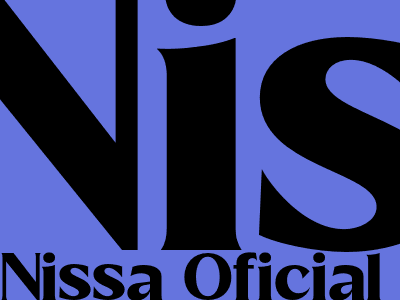
SEO for Bloggers: A Comprehensive Guide to Improve Rankings and Visibility
Introduction
In today's digital landscape, blogging has become a powerful tool for connecting with audiences, establishing thought leadership, and driving traffic to websites. To maximize the impact of your blog, it is essential to implement an effective search engine optimization (SEO) strategy that helps your content rank higher in search engine results pages (SERPs) and attract more organic traffic.
Understanding SEO for Bloggers
SEO involves optimizing your blog's content, structure, and technical aspects to make it more visible and relevant to search engines. By adhering to search engine guidelines and best practices, you can improve your blog's ranking and increase its chances of appearing in relevant search results.
Key Elements of SEO for Bloggers
- Content Optimization: Creating high-quality, keyword-rich content that resonates with your target audience and answers their queries.
- Structural Optimization: Organizing your blog's content in a clear and logical way using headings, subheadings, and internal linking.
- Technical Optimization: Ensuring your blog's technical aspects, such as page speed, mobile responsiveness, and security, meet search engine standards. li>Backlink Building: Acquiring high-quality backlinks from reputable websites to increase your blog's credibility and authority in the eyes of search engines.
Content Optimization
Creating compelling and informative content is the cornerstone of SEO for bloggers. Your content should be well-written, engaging, and provide value to your readers. Here are some key tips for optimizing your content:
Keyword Research
Identify relevant keywords that your target audience is using to search for information related to your niche. Use keyword research tools to find long-tail keywords that have less competition but still receive a decent amount of search volume.
Incorporate Keywords
Use your target keywords naturally throughout your content, including the title, headings, and body copy. Avoid keyword stuffing, as this can negatively impact your rankings.
Create High-Quality Content
Focus on creating original, well-written content that provides valuable information to your readers. Use clear and concise language, and break up your text with headings and subheadings to improve readability.
Structural Optimization
The way you structure your blog's content can significantly impact its SEO performance. Here are some guidelines to follow:
Headings and Subheadings
Use headings (H1, H2, H3, etc.) to organize your content and make it easier for both readers and search engines to understand the hierarchy of your content.
Internal Linking
Link to relevant pages and articles within your blog to help search engines discover and crawl your content more effectively.
URL Structure
Keep your URLs short, descriptive, and keyword-rich. Avoid using excessive numbers or special characters.
Technical Optimization
Technical optimization ensures that your blog is technically sound and meets search engine standards. Here are some key considerations:
Page Speed
Ensure that your blog loads quickly on both desktop and mobile devices. Use tools like Google PageSpeed Insights to identify areas for improvement.
Mobile Responsiveness
Make sure your blog is mobile-responsive and provides a seamless user experience on all devices.
Security
Implement an SSL certificate to encrypt your blog's data and protect user information. This can also improve your search rankings.
Backlink Building
Backlinks are links from other websites to your blog. They act as a vote of confidence for your content and play a crucial role in improving your search rankings. Here are some strategies for building high-quality backlinks:
Create Linkable Content
Produce valuable and shareable content that other websites will want to link to.
Guest Blogging
Write guest posts for reputable blogs in your industry and include a link back to your own blog.
Social Media Outreach
Promote your content on social media and engage with influencers to potentially earn backlinks.
Conclusion
By implementing these SEO strategies, bloggers can significantly improve the visibility, traffic, and search rankings of their blogs. Remember, SEO is an ongoing process that requires consistent effort and adaptation to search engine algorithm updates. Stay updated on the latest SEO best practices and continuously refine your strategy to maximize your blog's success.